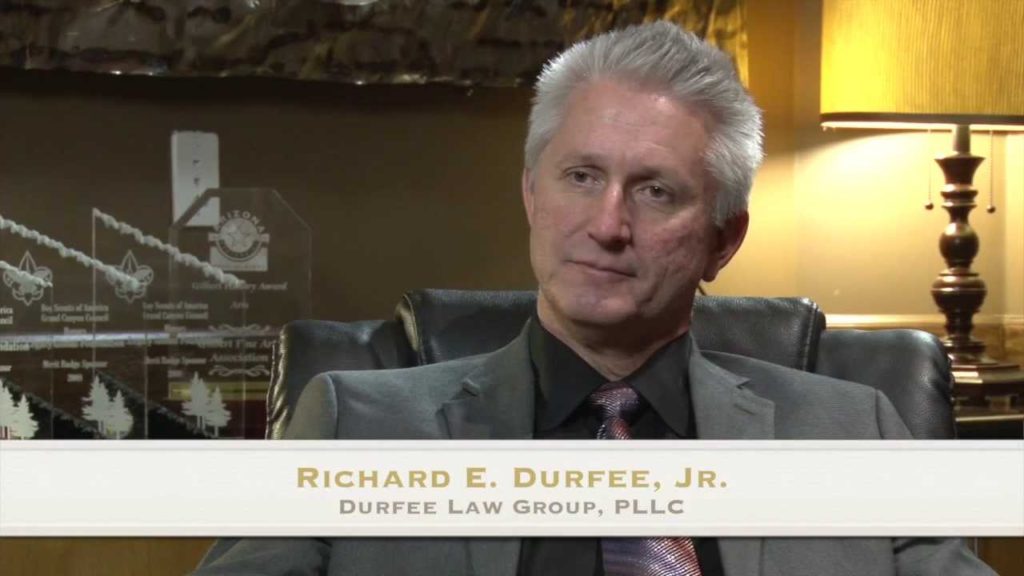
Your Business Entity and Estate Planning
Your Business Entity and Estate Planning
The larger the estate, the more likely there will be business entities involved. A common mistake is for the business entities and the estate planning structures to be disconnected. When an estate or business plan is “integrated” the parts will all be connected. For example, a business entity will never be owned by a natural person. Having a natural person own a business entity causes a multitude of problems. Instead, every owner of each business entity will either be a trust, or another business entity which is in turn owned by a trust. Small estate may not have business entities. There is a correlation between having a business and having a large estate. Most people who have large estates, made their money through one or more businesses. When putting together an estate plan for a larger estate, you will either already have business entities, or we will create them in the process.
Asset Protection.
Business entities are vital to effective asset protection. Forming a business entity is one of the first levels of asset protection. A properly structured corporation or LLC, for example, can protect the owner from liabilities of the business. Appropriately structured business entities can also enable you to have control over assets or property that one does not own. This means you can make the decisions concerning how a property is used or invested, but since you do not own it, it is not available to your creditors. That is the asset protection result. The estate planning result is that such an entity may be outside your taxable estate.
Choice of Entity.
One of the critical factors that determines whether or not a business entity is effective for asset protection or estate planning purposes is the kind of entity. For example, your end goal or exit strategy makes a difference in what kind of business entity will be best. If you are going to take a business public, a C corporation will typically be the best model. If you want to deduct the losses of the early years against current income, an S corporation may be the best model. If the business is something you are going to keep and pass down through your family, an LLC may be the best model. Many other factors go into the choice of a business entity. How many owners will there be? What is the nature of the business or assets owned by the entity? Are we trying to protect the owners from the business, or are we trying to protect the business from the owners? What is the tax posture of the owners? What are the tax attributes of the business? Are the special regulatory requirements for the business?
Entity Ownership.
How your business entity is owned and controlled also determines its effectiveness for both estate planning and asset protection. Typically, for example, it is best to have multiple owners and third party control. A business entity may be owned by more than one trust, and controlled by one or more of the trusts, or perhaps by an entity created specifically for the purpose of protecting control. The ownership structure determines whether or not you can get discounts for gifting, exclude assets from your creditors, retain control, and collaborate with others for economies of scale in investing or operations. Having the right entity owned the wrong way impairs its effectiveness. For example, single member, member managed LLC’s are popular with tax preparers because they are disregarded, but they are routinely penetrated by creditors. At the same time, single member LLC’s can be highly effective if they are properly integrated into other structures. Ineffective entity ownership is one of the most common gaps or lapses in failed attempts at asset property and estate planning.
The Bottom Line.
If you have a business and you don’t have a business entity, get help. If you have a business entity but it is not owned by your trust, get help. If you have a business entity but you are not using it to the full advantage or don’t understand it, get help. If you have a business entity but it seems to be working contrary to your goals, get help. If you have an estate plan, but your business is handled separately, get help. Not every estate planner knows what to do with your business, and not every business planner knows what to do with your estate plan. You are best if you work with a professional advisor that understands and works with both your business entity and your estate plan.
